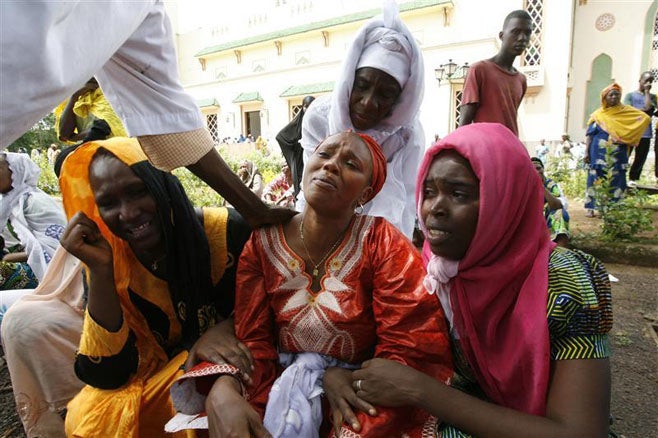By Ricardo Zamora
Impunity Watch Reporter, Europe
ZAGREB, Croatia – The conclusion of a recent human rights report suggests that the Croatian government is forcing individuals with intellectual or mental disabilities to live in institutions which deprive them of their privacy, autonomy, and dignity. The government has failed to provide alternative care options as promised to the European Union and the United Nations, according to Human Rights Watch.
The report, “Once You Enter, You Never Leave: Deinstitutionalization of Persons with Intellectual or Mental Disabilities in Croatia,” reveals the lives and living conditions endured by over 9,000 intellectually or mentally disabled people living in these institutions.
“Imagine always having to ask permission to leave the place where you live, having no privacy to take a shower, and no chance to decide what to eat or when to go to bed,” said Amanda McRae, fellow with the Europe and Central Asia division at Human Rights Watch and the author of the report. “This is the reality for thousands of people living in institutions in Croatia,” she added.
While community-based programs in other countries show effectiveness in offering disabled persons a better quality of life than those living in institutions, Croatia has resisted in implementing such programs. This resistance runs contrary to its position among the first countries to ratify the UN Convention on the Rights of Persons with Disabilities. The UN Convention expressly provides disabled persons the basic right to live in the community. The report recommends that Croatia replace institutions with community-based programs in order to remain consistent with the Convention’s provisions.
“Real leadership on this issue will require a serious and sustained commitment to provide community-based housing and support for people with disabilities,” said McRae.
While up to 30 percent of persons live in these institutions by choice, Human Rights Watch cautions that such a choice is meaningless due to the lack of alternative options.
There are currently over 4,000 people with mental disabilities residing in institutions within Croatia. While there are some community-based programs for the mentally disabled, there are only sufficient resources to support 16 people. Similarly, while 5,000 people with intellectual disabilities are institutionalized, community-based resources for the intellectually disabled are able to support only 250 people.
The Croatian government plan for deinstitutionalization is part of its preparations for EU membership. However, those plans have not yet been made public. In the meantime, the number of institutionalized people continues to grow.
For more information, please see:
The Open Society Mental Health Initiative – Living Proof: The Right to Live In The Community – September 27, 2010
Human Rights Watch – Croatia: Locked Up, Limited Lives – September 23, 2010
UNHCR – Croatia: Unfulfilled Promises to Persons With Disabilities – September 8, 2010
